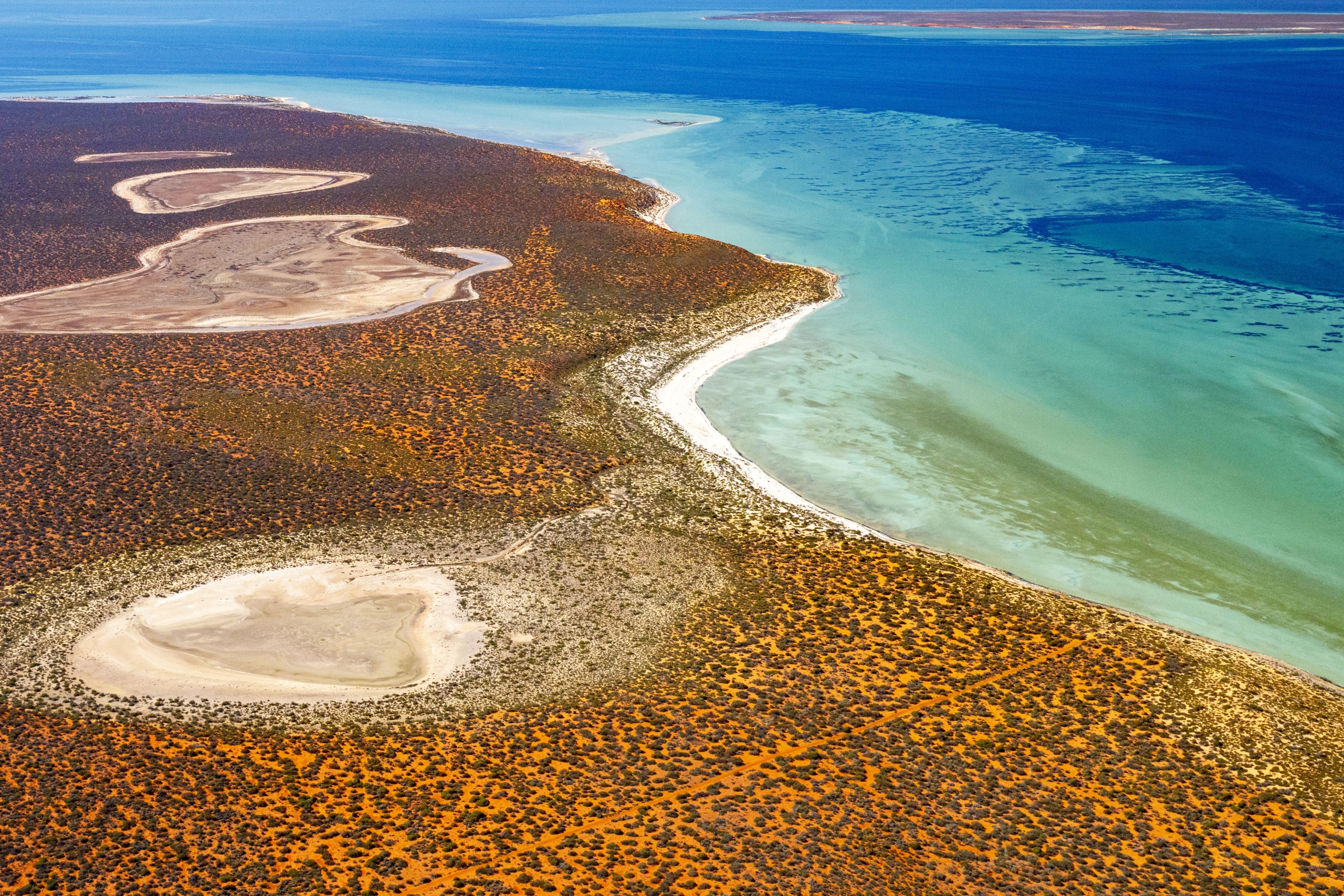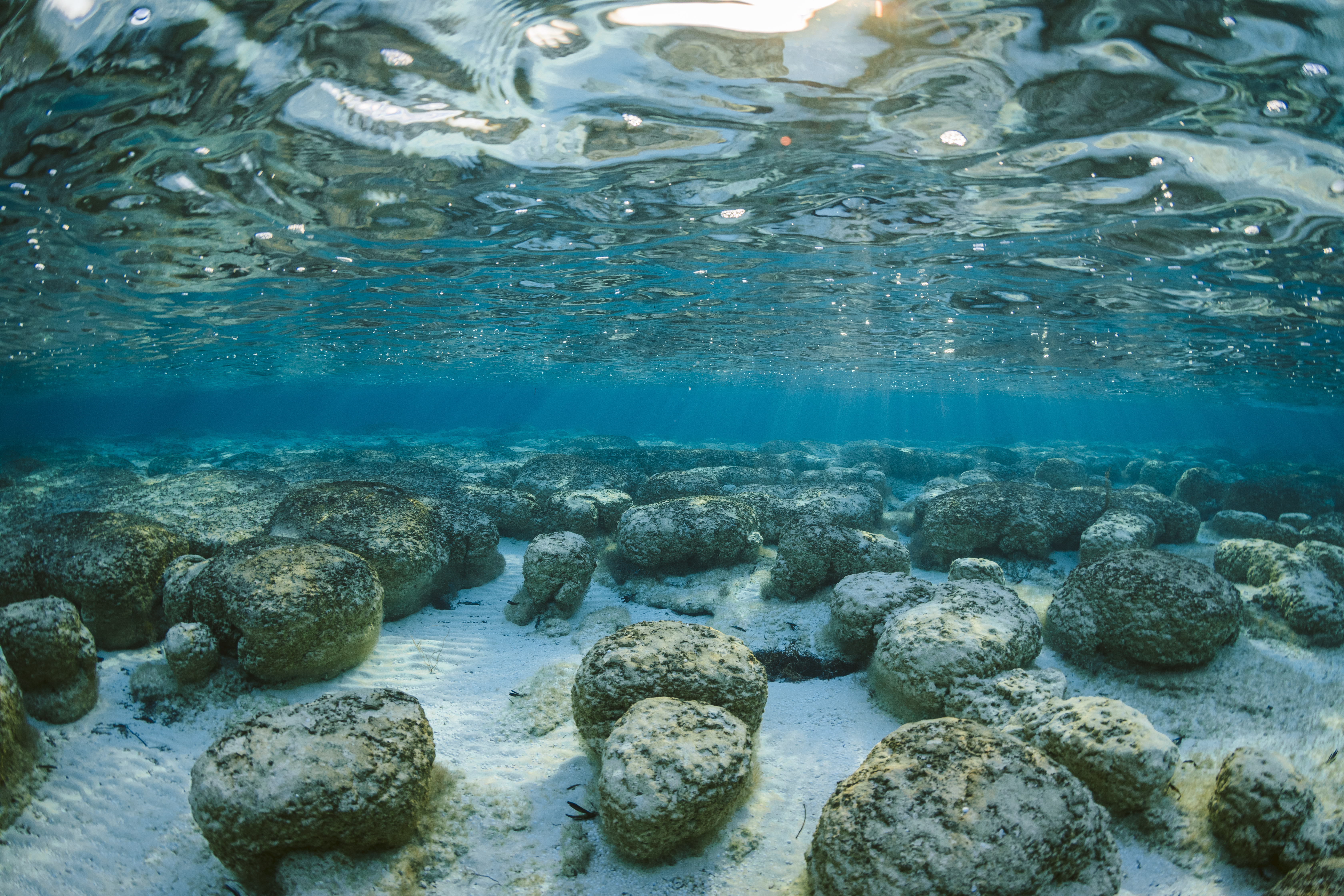Shark Bay is under threat and urgently needs coordinated scientific research to ensure its protection in the face of climate change, according to a Science Plan launched by Western Australia’s Chief Scientist Professor Peter Klinken.
A Science Plan for Shark Bay (Gathaagudu), by the Western Australian Marine Science Institution, has outlined top priorities for scientific research to create a more resilient, sustainable region – which is a UNESCO World Heritage site – as it slowly recovers from an extreme marine heatwave.
WAMSI Research Director and the report’s chief author, Dr Jenny Shaw, said the area, known as Gathaagudu to the Malgana people, had come to be seen as a ‘canary in the coal mine’ with climate change.
“The frequency and duration of marine heatwaves is increasing, and this has subsequent impacts to the base of the food web, the health of the ecosystem and, in turn, the economy, Indigenous culture and livelihoods,” Dr Shaw said.
“While climate change is impacting the rest of the WA coastline, the impacts to Shark Bay are distinctive.”
“Shark Bay has the world’s largest and richest seagrass meadows, it is home to the world’s biggest population of dugongs, it’s one of the few places globally with marine stromatolites – the oldest living lifeform – and it also has one of Western Australia’s most valuable fishing industries,” Dr Shaw said.
“We have seen how vulnerable it is following the marine heatwave and subsequent cyclones and flooding.”
Shark Bay was hit hard by a marine heatwave in 2011 and other extreme weather which destroyed a large amount of seagrass – a vital part of the ecosystem. A number of fisheries were also closed, and others impacted.
Widespread consultation carried out as part of the Science Plan identified climate change as the biggest threat to the iconic region and ways of mitigating the threat as the top priority for research.
“The Science Plan is the result of a review of research in the area over the past 70 years along with consultation with scientists, Traditional Owners, managers and the broader Denham community,” Dr Shaw said.
“We held workshops and did surveys and identified more than 90 issues that were a research priority and where there were currently knowledge gaps.”
The impact of climate change on seagrass meadows and marine animals was a top priority for research along with studies of seagrass, sediment ecology and the mapping of habitat for fish and other marine animals.


